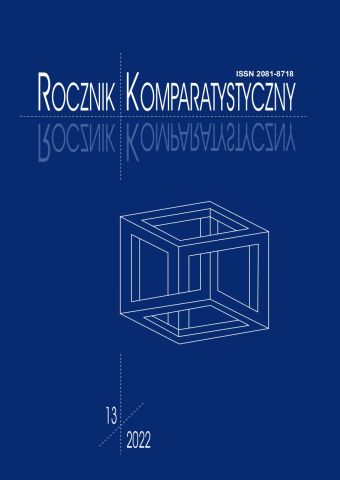Rola i siła argumentów z prawa w oświeceniowym dyskursie sejmowym (na podstawie mów Kazimierza Nestora Sapiehy)
Th e Role and Strength of the Arguments Deriving from the Existing Law in the Enlightenment Parliamentary Discourse (Based on the Parliamentary Speeches by Kazimierz Nestor Sapieha)
Author(s): Marzena GoneraSubject(s): Language and Literature Studies, Law, Constitution, Jurisprudence, Studies of Literature, Comparative Study of Literature, Administrative Law
Published by: Wydawnictwo Naukowe Uniwersytetu Szczecińskiego
Keywords: 18th century; Kazimierz Nestor Sapieha; law; argumentation; speeches
Summary/Abstract: The article discusses: the meaning, form, function and the effectiveness of legal argumentation in the Enlightenment parliamentary discourse on the basis of selected speeches by Kazimierz Nestor Sapieha, an experienced MP and Marshal of the Lithuanian Confederation of the Four-Year Sejm. On the basis of the rhetorical analysis of the oration, it was proved that the use of legal argumentation is one of the typical rhetorical strategies, but its effectiveness varied depending on the communicative circumstances, the subject of the session, the speaker’s skills and the expectations of the audience. Partial inefficiency of this type of argumentation is compensated by its elaborate form: subtle but easy to read by the audience allusion, a quotation from the Sejm’s constitutions and their periphrasis, and sententia presenting the essence and meaning of law in social, political and moral life. The study proves that this technique prevails in Sapieha’s advisory speeches, who skill fully combines it with other types of reasoning, for instance: arguments based on parallels, tradition and definition, eristic techniques: from authority, communicatio, subiectio, ad personam, ad populum, thanks to which its persuasive and manipulative strength is increased.
Journal: Rocznik Komparatystyczny
- Issue Year: 2022
- Issue No: 13
- Page Range: 89-112
- Page Count: 24
- Language: Polish

